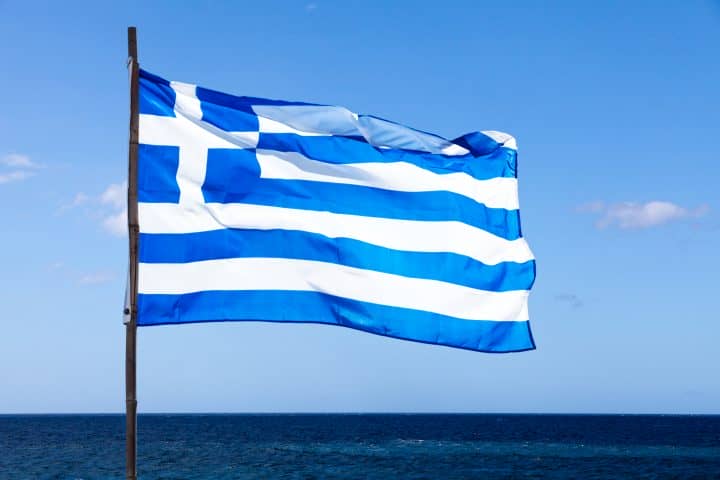 The London Protocol of 1829 is a historical document of great significance, playing a pivotal role in shaping the political landscape of Europe during the early 19th century. This diplomatic agreement, signed by representatives from Great Britain, France, and Russia, sought to address the ongoing conflict between the Ottoman Empire and the Greek revolutionaries.
The London Protocol of 1829 is a historical document of great significance, playing a pivotal role in shaping the political landscape of Europe during the early 19th century. This diplomatic agreement, signed by representatives from Great Britain, France, and Russia, sought to address the ongoing conflict between the Ottoman Empire and the Greek revolutionaries.
As a crucial moment in the evolution of modern Greece, the London Protocol played an integral part in the country’s path to independence. In this article, we will explore the background, key provisions, and implications of the London Protocol of 1829.
Background: The Greek War of Independence
The Greek War of Independence (1821-1829) erupted as a result of a long-standing desire for freedom from the Ottoman Empire, which had ruled over Greece for nearly 400 years. The revolutionaries were initially met with limited success, but their persistence and determination garnered attention and sympathy from the international community. This led to the involvement of three major European powers – Great Britain, France, and Russia – who would later come together to broker the London Protocol.
The Treaty of London (1827)
As the Greek revolutionaries’ struggle continued, they gained the support of European public opinion, especially among intellectuals and artists. This ultimately compelled the three aforementioned powers to intervene diplomatically. The Treaty of London, signed in July 1827, was their first attempt to mediate the conflict. The signatories demanded a ceasefire and an armistice, urging the Ottoman Empire to grant Greece autonomy. When the Ottomans refused to comply, the British, French, and Russian navies joined forces to destroy the Ottoman-Egyptian fleet at the Battle of Navarino in October 1827.
The London Protocol: Key Provisions
The London Protocol of 1829 was drafted to establish a framework for peace negotiations between the warring parties. The key provisions of the document were as follows:
- Recognition of Greek Independence. The most significant aspect of the London Protocol was the official recognition of Greek independence. This provision marked a turning point for the revolutionaries and set the stage for the formation of a new, sovereign state.
- Territorial Borders. The protocol defined the territorial borders of the new Greek state, establishing its southern and eastern boundaries along the Aspropotamos and Spercheios rivers. The exact northern border, however, remained undefined, leaving room for future negotiations.
- Establishment of a Monarchy. The signatories agreed that Greece would be a monarchy, with the reigning monarch chosen by the three protecting powers – Great Britain, France, and Russia. This provision was intended to ensure stability and maintain a balance of power in the region.
Implications and Legacy
The signing of the London Protocol was a major step towards the resolution of the Greek War of Independence. Although it took two more years for the conflict to end officially, the protocol laid the groundwork for the establishment of the modern Greek state. The provisions of the agreement were later solidified by the Treaty of Constantinople (1832), which formally ended the war and cemented Greece’s status as an independent nation.
In conclusion, the London Protocol of 1829 was a significant milestone in the Greek struggle for independence. It marked the beginning of a new era for the Greek people, who were finally granted the freedom they had long sought. By bringing together the great European powers of the time, the London Protocol not only played a critical role in shaping the future of Greece but also underscored the importance of diplomacy and international cooperation in resolving conflicts.

